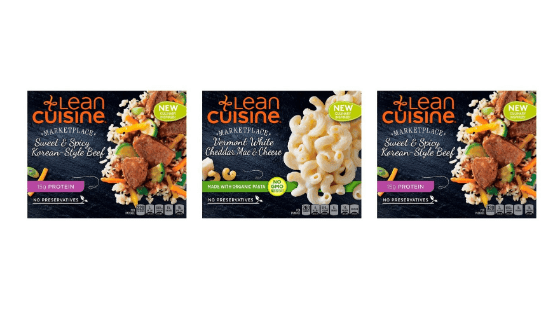It’s Cool To Be Healthy: How Marketing Saved Wellness’ Business Model
IMC Licensing
August 5, 2015

Is cheesecake the new tobacco? That’s a question asked that has highlighted both good news –the New York Times last week, Americans Are Finally Eating Less — and bad news – that the Cheesecake Factory has a single entrée that is 2370 calories.
The news is of a modest positive trend in the right direction – Americans are eating a few hundred calories per day less than 15 years ago, primarily not from eating less junk food but mostly as a result of drinking less soda. Most Americans are supposed to eat between 1600 and 2400 calories per day, which isn’t that easy to do. Some of us are eating that much per meal,or in the case of this Cheesecake Factory entrée, per course.
The article suggests that the data is finally making a difference – That businesses and individuals have begun to absorb the fact that eating so much is leading to so many serious illnesses. That argument is a little tough to swallow, however. Despite the fact that we’ve known for a long time that Americans are taking in multiples of what they need in calories every day, it has been considered naïve to talk about that or make business plans to address that in the food marketing business.
Data may be playing a role, but wellness is cool now because marketing has helped make it cool. Consider these recent headlines from Food Business News: Nestle hopes brand refresh will draw consumers back to freezer aisle
“Nestle is planning to refresh its frozen brands by focusing on simpler ingredients and global flavors, according to prepared foods division president Jeff Hamilton. In addition to its ongoing efforts to remove artificial flavors and colors from many of its products, the company has added a Fit Kitchen line of healthy entrees geared toward men, a Marketplace line featuring Asian and Mexican flavors and repositioned its Lean Cuisine brand to highlight “new health” rather than weight loss.” FoodBusinessNews
Campbell Soup is removing all artificial ingredients
“The Campbell Soup Co. will continue to remove artificial ingredients from some of its products and acquire more fresh and organic brands in response to what it calls the “seismic shift” in consumer food choices, the company said Wednesday. Campbell will remove artificial colors and flavors from almost all of its North American products by August 2018, and has also pledged to remove monosodium glutamate from its condensed soups for children.”
According to Fortune 500, Pepsico has invested heavily in healthier options and now derives 20% of net revenue from the company’s nutrition business, and wants to sell more products with reduced sugar, sodium and saturated fat to address new consumer tastes in the coming years.
No way do these brands make such significant changes if their marketers are not feeling the pressure to change. Food brands cannot afford to be not healthy, or at least moving in that direction, and we are seeing the benefits everywhere.
Perhaps bigger yet, now the money guys have figured out how important this is, and we should expect even faster change.
“Extreme portion size is inconsistent with authentic Italian values,” said Starboard Value (a hedge fund), which owns a stake in Olive Garden’s parent company, and wants the chain to shift toward selling smaller portions of better food.
“Portion sizes may be gradually reduced,” Starboard wrote, “as guests begin to equate Olive Garden’s value proposition more with quality and excellence at fair prices, than with massive quantities of barely edible fried items, excessive cheeses, and heavy cream sauces.”
A cynic might say that the money guys just want portions to go down so margins can go up. But no fast casual restaurant in its right mind bucked the tide of huge portion sizes in the past decade. Wellness now has a business model because let’s face it – it’s cool to be healthy.

